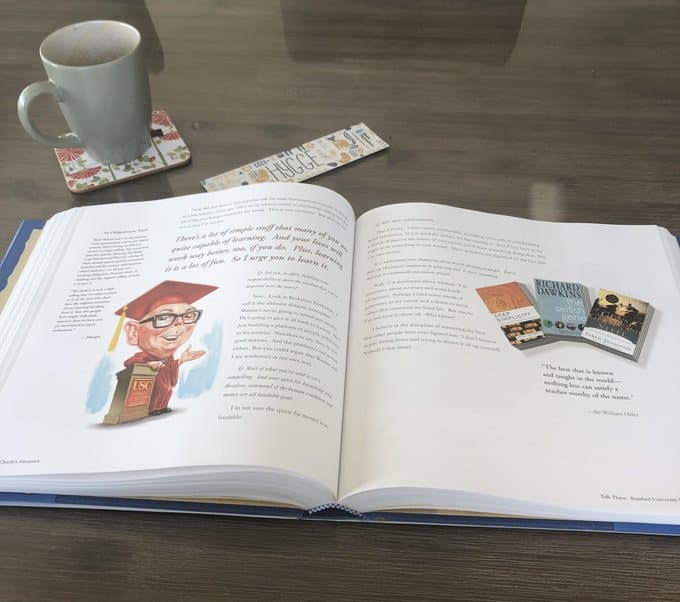There are a lot of things that I’m not very good at, but I try to handle the situations properly when issues or questions come up.
Sometimes that means that I try to learn to solve the problem myself; if there is an issue with our company that I don’t know how to handle, I dig in and learn how to solve it.
On the other hand, if there is an issue with my car I’ll take it to a trusted mechanic so they can figure out what’s going on.
The third option is to just throw my hands up because it’s too complicated, which rarely is a good move.
In his book “$100M Leads“, author Alex Hormozi is pretty clear on this thoughts:
If You Say You Suck At Something, You Will Probably Suck At It.
Never say “I’m not techy” or “I hate tech stuff.” It just keeps you poorer than you should be.
There are things that I’m not good at, and some I can just pass off to others (like car issues). For many things, though, it’s in the best interest of myself and my company if I dig in and learn what’s going on. I may never be an expert in those troublesome areas, but to just say “I hate it” and ignore the problem is only going to lead to poorer outcomes.
